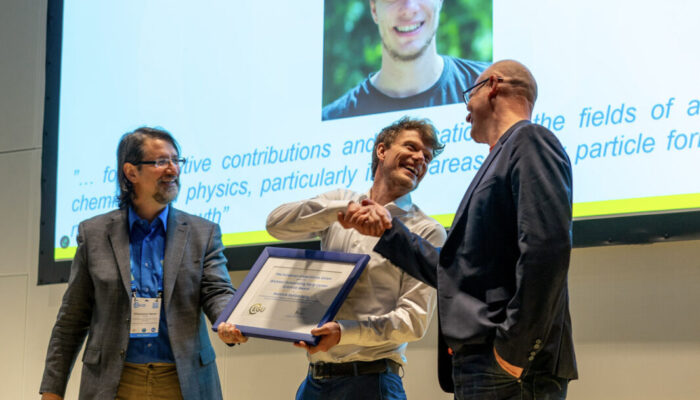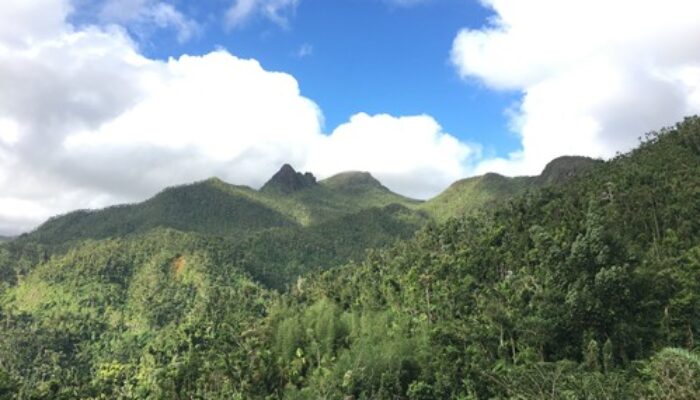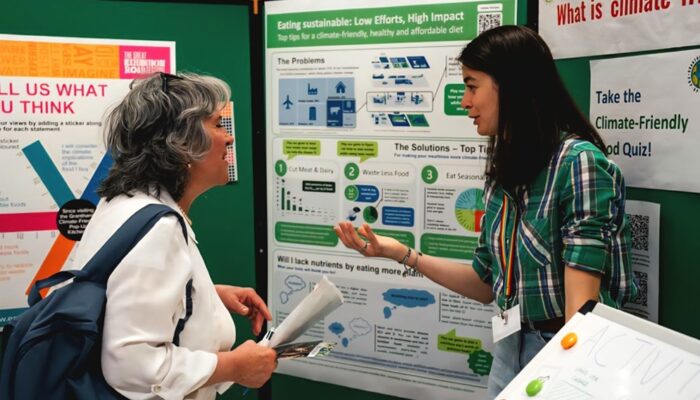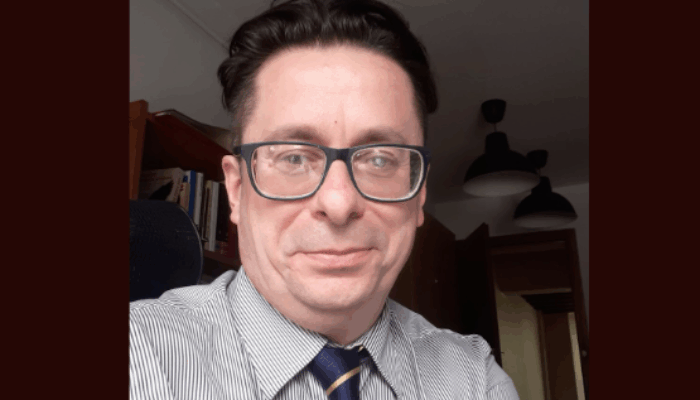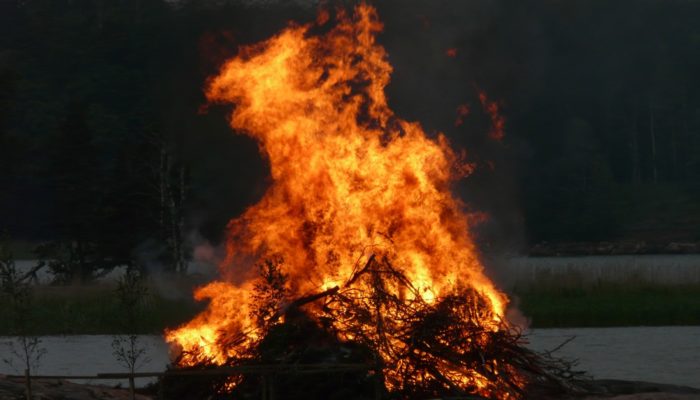Have you ever heard that we can “weigh” water on Earth from space? Since 2002, the GRACE and GRACE-FO satellite missions have been mapping month-to-month variations of the Earth’s gravity field. Because gravity responds to mass, these data can reveal how water is redistributed at the surface and in the subsurface. The result is a global time series of terrestrial water storage anomalies (TWSA)—h ...[Read More]
If you didn't find what you was looking for try searching again.
Atmospheric Sciences
From Particles to the Air We Breathe: Dominik Stolzenburg’s Journey into the Hidden Life of Aerosols
Dr. Dominik Stolzenburg is a chemist in atmospheric physics at TU Wien, specializing in aerosol science and air quality. His work focuses on how ultrafine particles form, transform, and affect both climate systems and human health — especially in cities. Through field measurements, modeling, and data analysis, he explores how human and natural emissions interact, helping policymakers shape cleaner ...[Read More]
GeoLog
Discovery to recovery: how international collaboration solved the ozone crisis
38 years ago, representatives from 46 countries around the globe came together to find a solution to the climate crisis. Alerted to an issue discovered by scientists 13 years previously, the representatives of these nations worked together swiftly and with purpose to create an international treaty to combat a major environmental issue. The treaty was signed by all 46 participant nations and would ...[Read More]
Geomorphology
Highlighting: Puerto Rico, Part 1! (Interview with Angus Moore)
This blog post is part of our series: “Highlights” for which we’re accepting contributions! Please contact Emma Lodes (GM blog editor, elodes@asu.edu), if you’d like to contribute on this topic or others. Interview with Angus Moore, Researcher at the Czech Academy of Sciences, Prague, Czechia. Email: angus.moore@uclouvain.be Questions by Emma Lodes. Can you briefly describe the main objective of ...[Read More]
GeoLog
Discover resources, research, training and more in EGU’s 2025 Webinars Roundup!
The European Geosciences Union hosts a busy digital programme throughout the year, from seminar-style Campfire events with online networking to free, half-day workshops funded by EGU and organised by our volunteer Committees. Sitting between the two are our webinars: free, community-driven events which are presented live with the recording published later on the EGU Youtube channel. Webinars are a ...[Read More]
Geodesy
Taking time off in the academic world – Why it’s hard and how to do It
Several major holiday periods are coming up in the next months, and for many people this means taking some time off. But for academics, stepping away from work can be very difficult. At EGU25, we explored this challenge in a short course organized by the EGU “Life-Career Wellness” working group, where scientists shared their experiences (and strategies). In this post, we summarize the main points ...[Read More]
Ocean Sciences
Meet Arianna, the New Voice as ECS OS Representative!
Meet the new Early Career Scientist (ECS) Representative for the Ocean Sciences (OS) division: Arianna Olivelli! In this role, she is dedicated to connecting, supporting, and advocating for early career ocean researchers across Europe and beyond. We sat down with Arianna to hear about her journey, her vision for the OS ECS community, and how she is empowering the next generation of ocean scientist ...[Read More]
GeoLog
GeoTalk: meet Robert Piotrowski, geomythologist and folklorist
Hello Robert! Thank you for joining GeoTalk. Before we turn the page, could you introduce yourself to our readers? I am an ethnologist and cultural anthropologist. I have the privilege of working in ‘Laboratory for Interdisciplinary Research into the Anthropocene’, led by Prof. Dariusz Brykała, which is part of the Institute of Geography and Spatial Organisation of the Polish Academy of Sciences. ...[Read More]
Geodesy
EGU Campfire Geodesy – Share Your Research – 15th Edition
We are excited to announce the 15th edition of Geodesy Campfire – Share Your Research in January. The Geodesy EGU Campfire Events “Share Your Research” give (early career) researchers the chance to talk about their work. We have two exciting talks by our guest speakers, Koen Haakman and Aleksander Partyka. Below, you can find the details of the topics awaiting us. We will have time to network afte ...[Read More]
Hydrological Sciences
How to Create Your Own Water-Themed Audiotour
Imagine walking through the Swiss capital, Bern, a city full of water. While you walk, a voice from your headphones guides you along the way and tells you interesting facts about the river and other water sites. You discover the Matteschwelle dam, pass by several fountains, visit a historic weather station, and have a closer look at the clear blue water of the Aare River and its old bridges. This ...[Read More]


